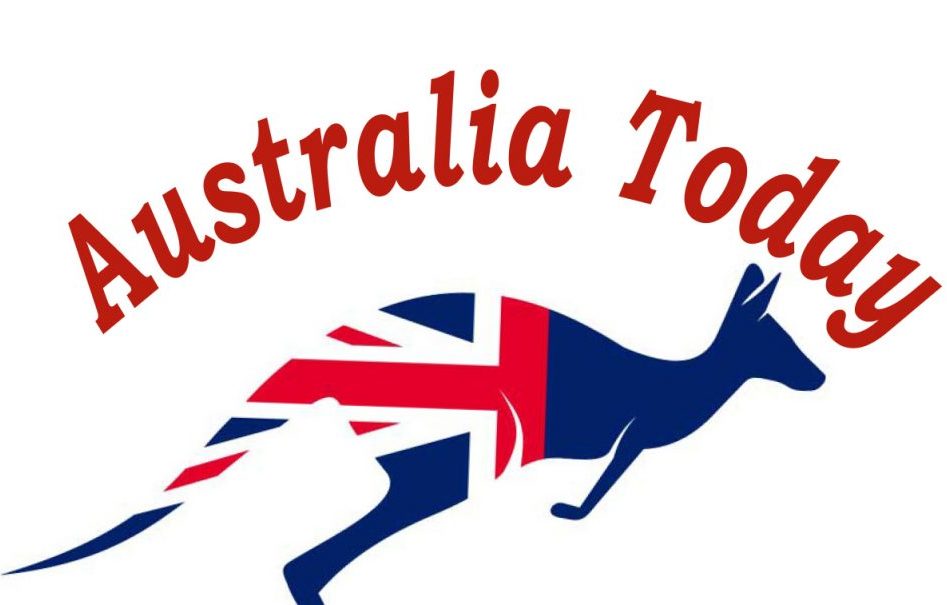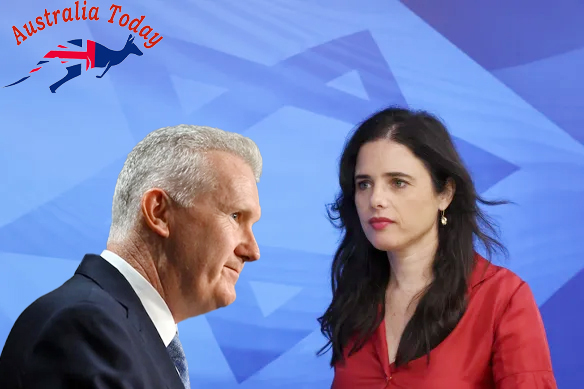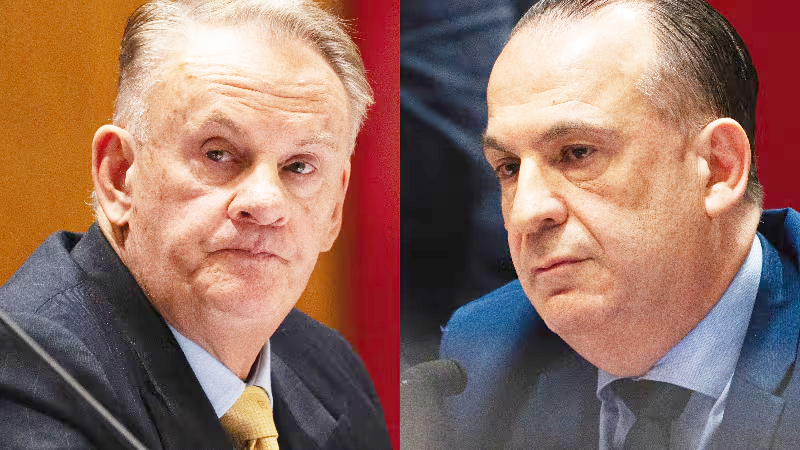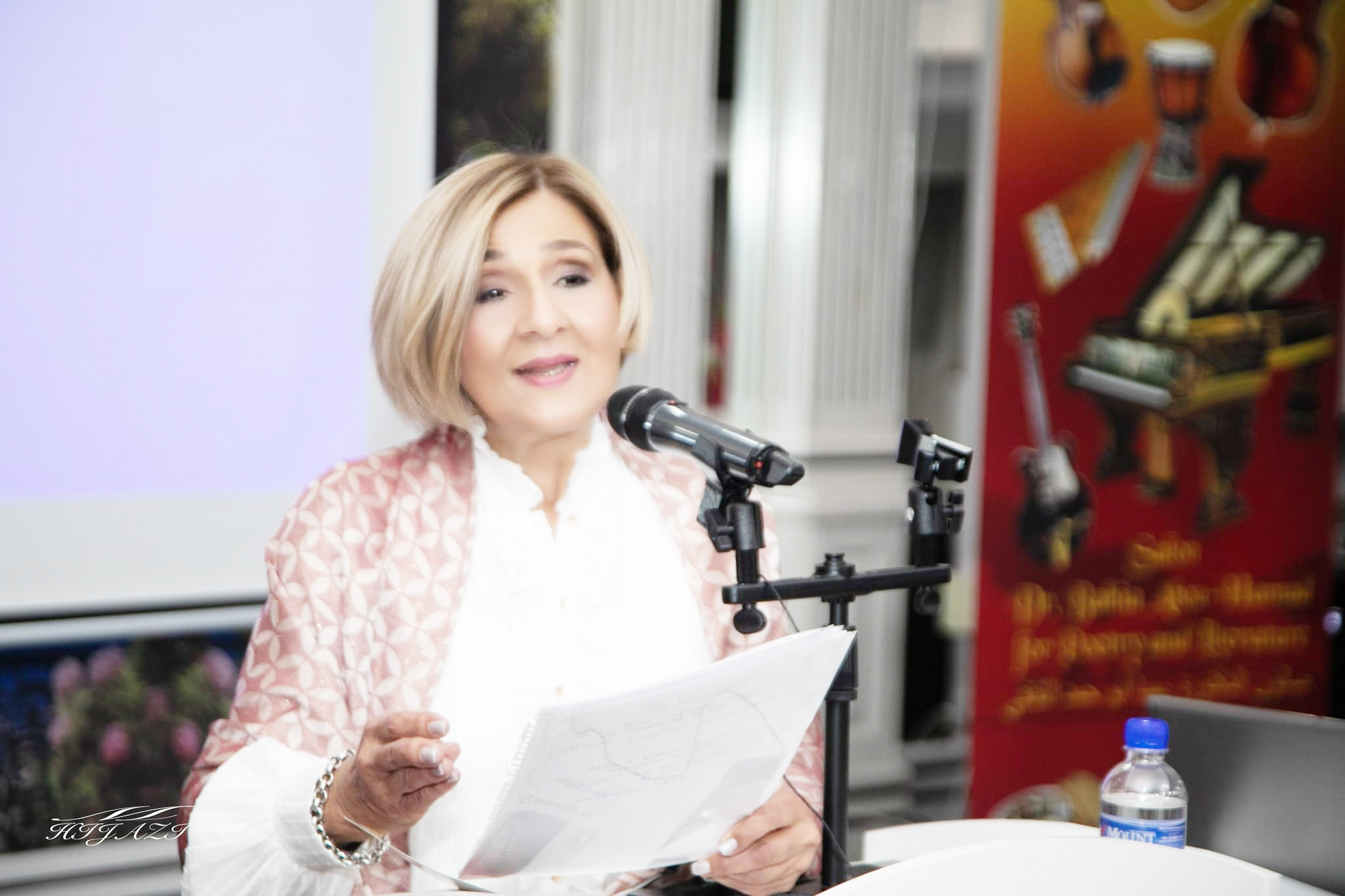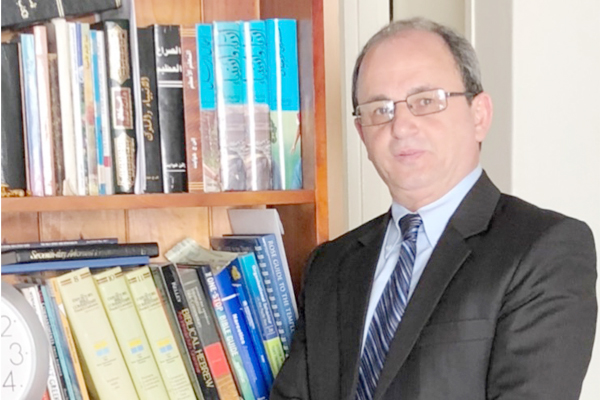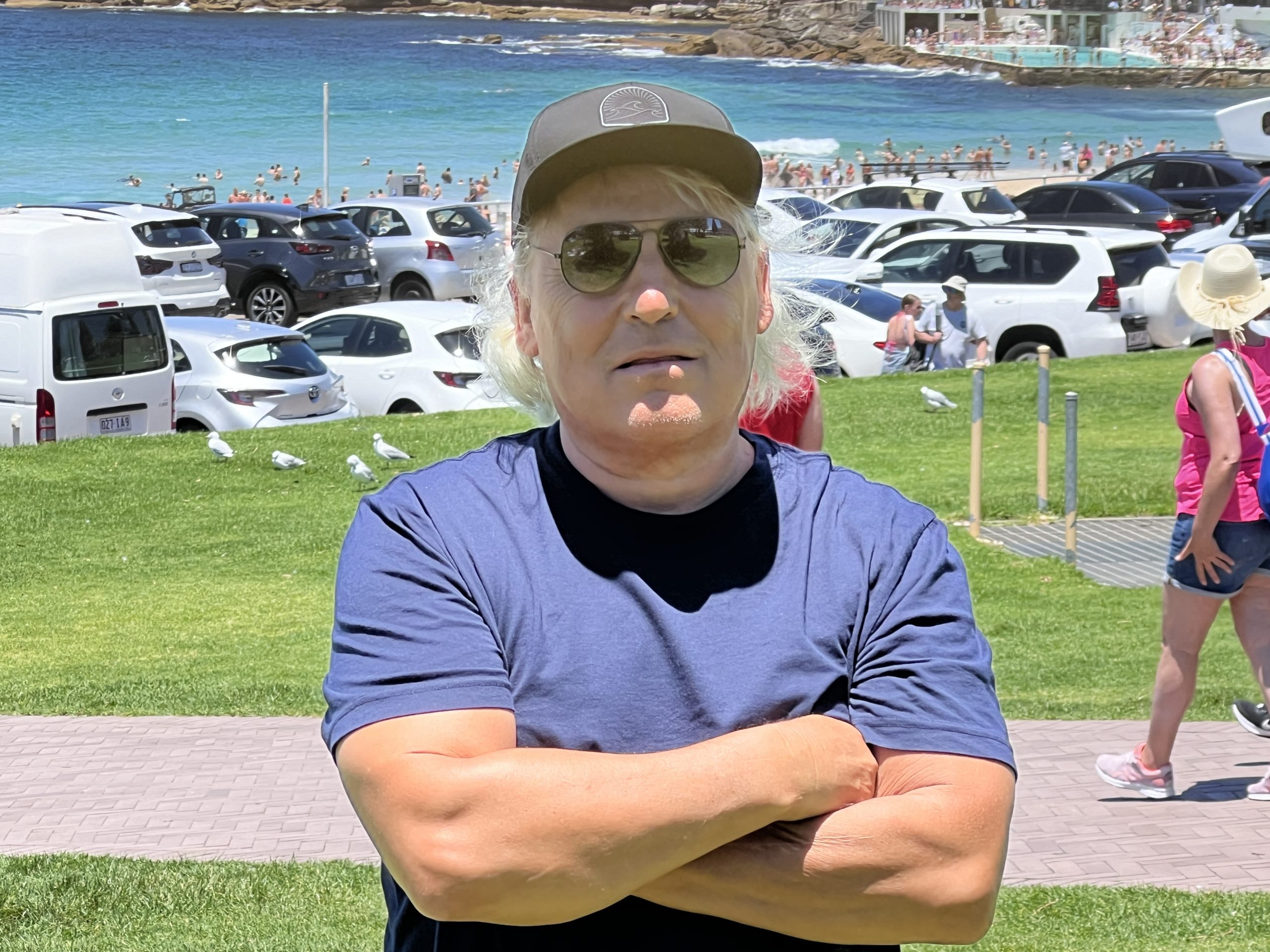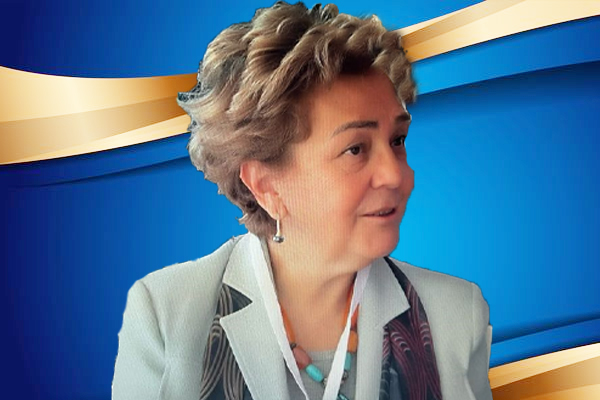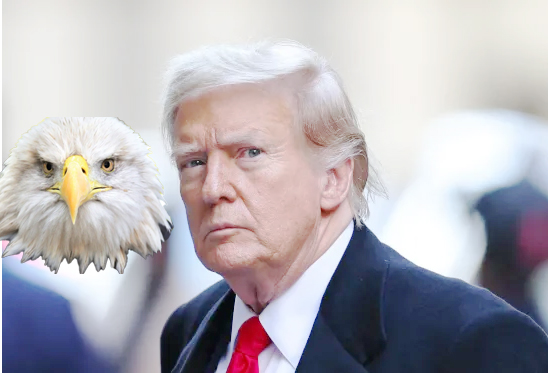
The Failure of Penny Wong and Anthony Albanese’s Plan
Trump Rejects the «Flawed» International Criminal Court Decision


The White House rejected the International Criminal Court’s decision to issue arrest warrants for Israeli Prime Minister Benjamin Netanyahu and former Defense Minister Yoav Gallant over alleged war crimes in Gaza.
Some lawmakers, including U.S. President-elect Donald Trump, urged imposing sanctions on the ICC, headquartered in The Hague, in response to the decision.
Reports suggest that Israel is working with the new administration to take punitive actions against the court.
The White House Press Secretary, Karine Jean-Pierre, stated that the U.S. would not enforce the arrest warrants, calling the ICC’s decision a «flawed process.»
She criticized ICC Prosecutor Karim Khan for failing to grant Israel a genuine opportunity to engage constructively or to consider its internal investigations properly, raising questions about the credibility of his investigations.
The arrest warrants effectively bar Netanyahu and Gallant from entering any of the 124 member states of the ICC.
Both Israel and the U.S., neither of which are ICC members, condemned the decision.
In May, ICC Prosecutor Karim Khan announced his intent to pursue the arrests of Netanyahu, Gallant, and three Hamas leaders, who were later killed in Israeli strikes.
The Biden administration has, so far, resisted calls from Republican lawmakers to impose sanctions on the ICC, as Trump did during his presidency.
National Security Council spokesperson expressed concerns over the ICC prosecutor›s haste in pursuing arrest warrants, highlighting significant procedural flaws leading to the decision.
The ICC alleges that Netanyahu and Gallant targeted civilians and used starvation as a weapon of war.
It also issued an arrest warrant for Hamas military leader Mohammed Deif, believed to have been killed in an Israeli airstrike in July.
Australian political reactions to the ICC decision remain unclear, with Prime Minister Anthony Albanese and Foreign Minister Penny Wong yet to issue direct statements.
Australia’s historical alignment with U.S. foreign policy suggests a cautious approach to any stance that might disrupt bilateral relations, especially given previous support for Israel under former Prime Minister Scott Morrison.
Some speculate that the Albanese government may avoid overtly criticizing Israel or the ICC to maintain diplomatic balance.
In light of these events, broader discussions have emerged about the impartiality of ICC Prosecutor Karim Khan, who has been criticized for perceived bias due to his Muslim background and cultural ties to Pakistan.
Critics allege that these affiliations influence his decisions, particularly in cases involving Israel.
Prime Minister Netanyahu, often referred to as «the Lion of Jerusalem,» has reaffirmed Israel›s stance on the indivisibility of Jerusalem and the historical Jewish claim to the land.
He emphasized that Israel remains open to peace with the Arab world but warned against continued hostilities from its neighbors.
The ICC’s actions and international responses continue to stir debate over legal jurisdiction, historical claims, and the broader implications for peace and accountability in the region.
